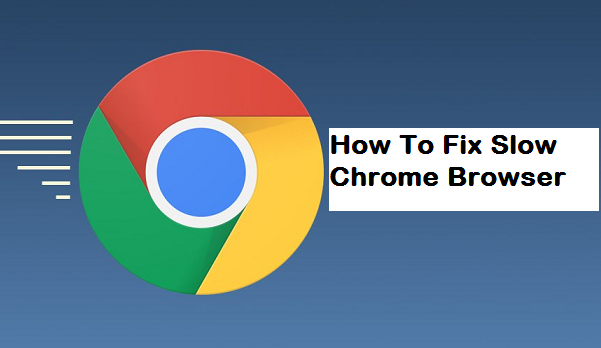


Open the Firefox browser and click the Menu button (the hamburger icon of three horizontal lines in the top-right corner). Here’s how to remove extensions on Firefox: This will disable the extension until the next time you reopen Chrome. Select the extension and click End process. Scroll to the bottom and search for any processes preceded by “Extension:”. Press and hold Shift and Esc to bring up the task manager. Here’s how to open the Chrome task manager. This nifty feature lets you check your browser’s active extensions, tabs, and other background processes.

If your favorite browser is slower than you’d like - if Firefox is slow, or if you want to speed up Chrome - follow the steps listed below to improve your browser speed. Malware infection: Malicious software infections can cause an array of problems including performance and speed issues. Problems with the browser itself: Sometimes an update can fix your issues - or you can try using a different browser. Wi-Fi signal issues: If your device has difficulty connecting to your Wi-Fi, or your signal is weak, your browser will be affected.Ī cluttered cache or too many cookies: These files can take up unnecessary space and slow down your system. Too many open tabs: If you’ve got multiple websites open at once, your browser is going to get bogged down. Too many plugins and extensions: You most likely have unused or unnecessary extensions that you don’t need. The most common reasons your browser is slow include:

Whether you’re on Chrome, Firefox, Edge, Safari, or IE, too many extensions - or a nasty bit of malware - will always slow things down. Every browser is a bit different, but slow performance can affect them all.


 0 kommentar(er)
0 kommentar(er)
